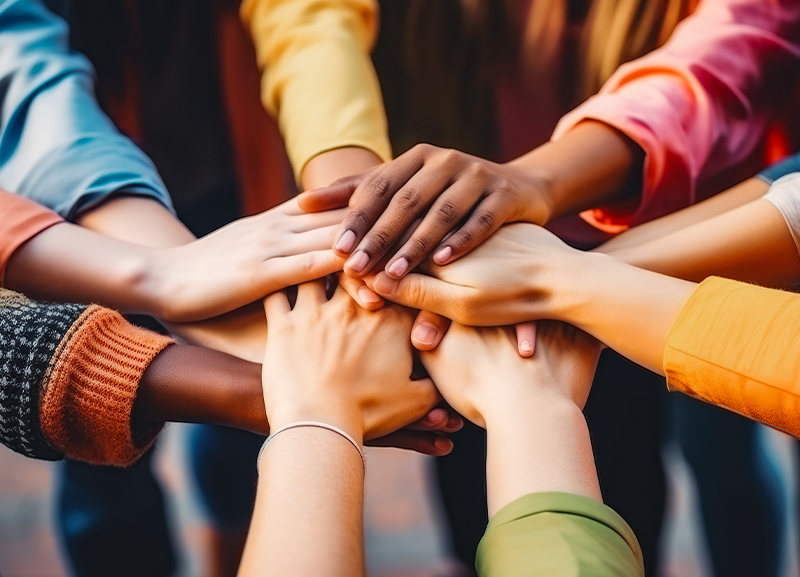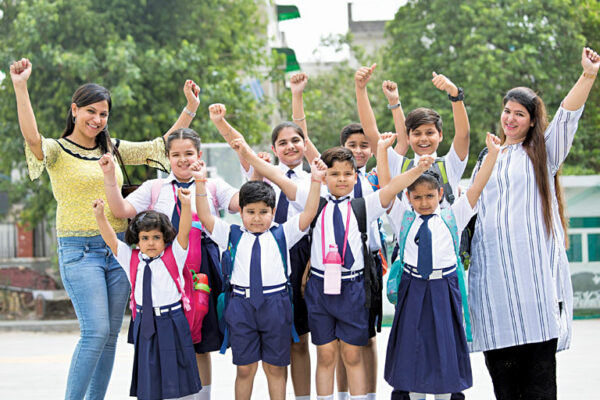
You may have heard the loud air raid warning signals that sounded out on May 7. Some of you might have also overheard grown-ups talking about covering windows, stocking up on food and even keeping an emergency kit with essentials like identity cards, food, water and medicines packed.
It’s normal to feel a little nervous when adults start making plans like this. You might be wondering, what’s really going on? But there’s no need to worry.
Let’s Talk About It
Recently, India carried out what’s called a mock drill. Think of it like the fire drills you have at school. The alarms might have been loud–maybe even a bit frightening–but they were just part of a practice session. The idea is to help everyone learn what to do if there’s ever a serious situation. Being prepared means we can all stay safe and calm, know what to do and where to go and rehearse evacuation plans no matter what happens.
Why Do We Practise?
Practising keeps people safe. It’s that simple. Just like fire drills teach you how to leave the classroom safely, these drills teach entire cities how to respond quickly and sensibly.
India has always believed in peace and protecting its people. These drills aren’t meant to scare anyone. They help make sure we’re ready for anything. When we prepare ahead of time, fewer people are likely to get hurt if a real emergency ever happens.
What Can You Do?
1. Stay calm: Remember, this is all just practice. The alarms and preparations are just ways to get ready. Your parents and teachers will take care of you. And remember, phone lines may not work, so don’t panic if you can’t reach a loved one.
2. Talk to your family: If you have questions, ask! The more you understand, the less scary it feels. And always remember to set up a family meetup spot, in case one of you gets separated from your family.
3. Stay positive: Knowing what to do will make you feel stronger and braver. It means we are ready to protect ourselves and those we love.
4. Be helpful: Here are some ways you can assist your family if needed:
- Bring pets inside.
- Help gather a flashlight or water bottle.
- Stay close to younger siblings or grandparents.
- Most importantly, stay calm, listen carefully and follow instructions whether you’re at home or at school.































